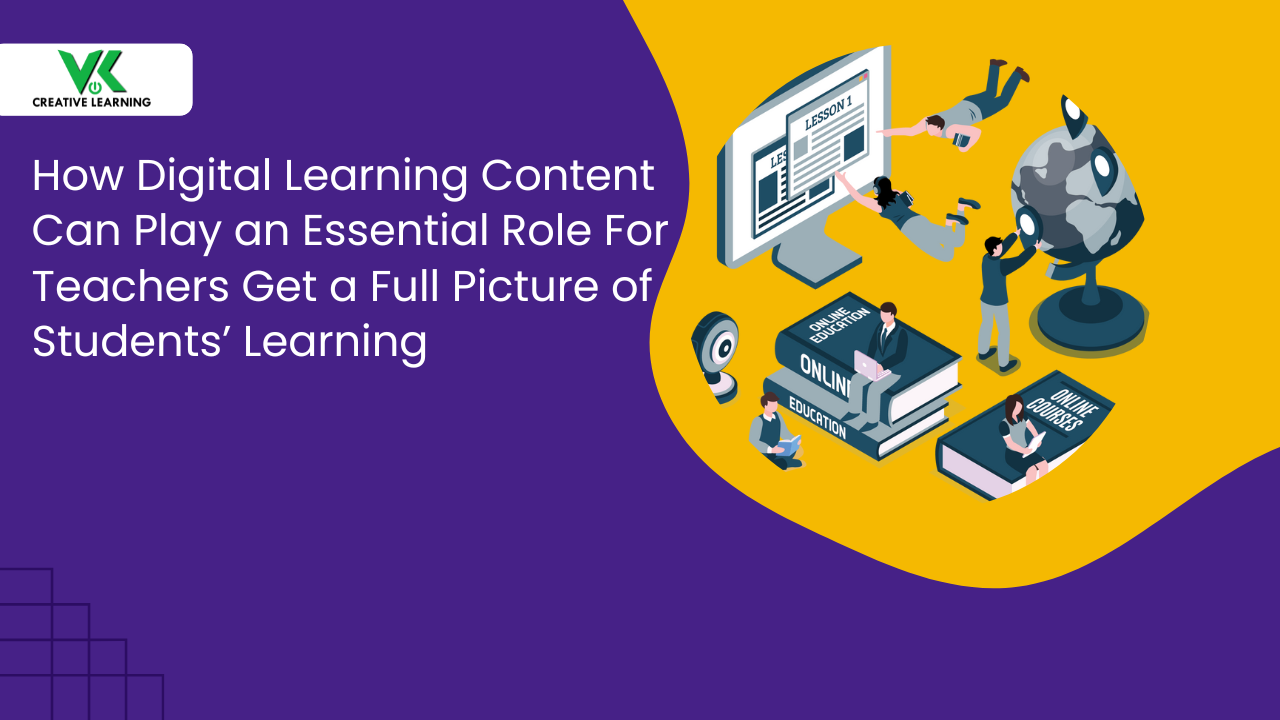Competency Assessment and Contextual Learning in eLearning Corporate Training
June 11, 2024
The usual corporate training sessions more often face multiple limitations in the current day business environment. This is mainly due to the fact that the fast-paced world demands quick results and thus, regular corporate training is required which also means the attendees should fully grasp what’s being taught.
But what factors cause the challenges in getting trained thoroughly or retain the taught subject matter? One of the culprits is the hectic schedules that make it difficult to save time for lengthy in-person corporate training workshops. Furthermore, it becomes tough (especially on a regular basis) to keep track of how well they are able to apply the learned skills.
To understand this situation: let's think of a situation wherein a manager attends a workshop based on communication skills as a part of a corporate training program. Though the session may get over, sometimes, it may not be possible to get and deliver constructive feedback to their team. The reason for this is that traditional methodology may lack clear ways to implement and assess the feedback process.
In addition to this, there is another problem associated with conventional corporate training and that is inconsistency in knowledge retention. This scenario can be better understood by considering a customer service training session for the team which was conducted a few months ago. The question even in this case is how much of relevant and valuable information was the team readily able to recall when interacting with demanding customers?
Useful methodologies such as competency assessment and contextual learning when incorporated into eLearning corporate training can prove out to be a relevant tactic to these kinds of challenges. Reason: when compared to traditional methods, the virtual platform allows employees to learn at their own pace as when time permits.
Also, they truly test the capability of the individuals -- how much they have understood and how they can apply the learned information in the workplace. Importantly, only the required contextual learning information is provided to them related to their field of work.
With these factors in consideration, we have taken a look at contextual learning importance in training modules and the presence of competency assessment is explained in eLearning courseware.
Why consider the inclusion of contextual learning and competency assessment in eLearning?
Defining Competency Assessment (Explained Briefly) and its Importance:
Competency assessment can be viewed like a measuring stick when implemented in eLearning-based corporate training programs as it helps assess if employees have properly got a strong grip on the necessary skills. This is mainly because instead of merely testing the knowledge of the individuals on a surface-level basis, it examines how well they are able to apply the shared information on the job.
For example, we can consider a situation wherein a customer service session is held as a part of the corporate training course. A competency assessment (as explained before) wouldn't end by asking trainees in regards to the company policies, but to make the situations more clear, they will be presented with various simulated angry customer scenarios. Then, on the basis of how well they are able to understand and smartly resolve the issue effectively, their skill mastery will be judged. In other words, this form of practical approach -- based on how actually the employees will react given a particular situation -- provides real insights about their actual capabilities, which in turn helps to decide future training processes and development efforts.
Assessing with Finesse: Why Include Competency Assessment Checks in eLearning
Gone are the days of endless multiple-choice quizzes as competency assessment (explained above) has been seen as a reliable technique of testing individuals' true knowledge -- ensuring that corporate training hits all the right notes.; here's why:
Firstly, no more tedious work of following the old multiple-question format instead, employees are tuned into a virtual world as a part of a corporate training exercise where they tackle real-life scenarios with interactive simulations and case studies. These assessments (based on competency measurements) help to delve into problems that employees face with understanding training concepts; analyze situations from different angles, and come up with solutions.
In other words, this hands-on approach based on presenting real-world problems virtually to employees provides a better picture of the knowledge that they lack and need to get a deep understanding of.
But, still better, the story doesn't end there: these tests also play a pivotal role in figuring out where the trainees might require that extra bit of polish -- acquire further knowledge to gain mastery over the subject matter.
The best aspect is that let's assume that you want to conduct an eLearning course based on project management but unfortunately, budget trips up your plan. No worries as the system (fed with high-level algorithms) will figure out the possible hitch and personalize the learning path to suit your finances. So in general, this will serve more like a treasure trove of extra resources and support, exactly when and where you need it.
Deciphering the Meaning of Contextual Learning and its Importance in Corporate Training
Just think of a situation wherein you are trying to learn a new language purely through the technique of memorizing vocabulary words without understanding any real-world context -- will you gain mastery this way? The obvious answer is no as the human brain is designed in such a way that it excels at the acquisition of knowledge when information is presented in a contextual manner that aligns with our inherent discernment and stirs up a sense of relevance. This form of approach serves as a link and connects the existing level of knowledge with the quickly flowing influx of new information -- bridging that missing gap.
This is exactly what contextual learning when introduced in eLearning-based corporate training does as it makes embedment of learning experiences within real-world scenarios. That is, instead of abstract concepts, a jolt of practicality is infused as this approach presents learners with real-world challenges and tasks that directly tie them to their job responsibilities. The result: they get to have an experience that is engaging, relevant, and exceedingly potent knowledge acquisition journey.
For instance, imagine this: instead of slogging through pages of leadership theory, you're thrust into virtual crisis circumstances (through games, simulations, and interactive animations) as a part of a corporate training program -- immersive learning at play. And then it's up to the learners -- that is, how they use their newfound leadership skills to navigate the rough waters (workplace tough situations) and make game-changing moves.
Importantly, this hands-on approach not only ensures that learners enjoy the training sessions but also helps them to remember information in their brains like a sticky glue. Furthermore, instead of just passively absorbing the taught ideas that promptly vanish into the ether, they actively apply them in workplaces that solidify their understanding.
Conclusion
Incorporating competency assessment (as explained above) and contextual learning into eLearning-based corporate training is not just a trend, but a necessity as corporate training translates into tangible skills for trainees and they are able to apply what they have learned in the jobs
So, remember that the next time you embark on an eLearning-based corporate training path, the inclusion of competency assessment and contextual learning aspects are indispensable as they make trainees true champions!
VK Creative can be your reliable partner which can assist you to incorporate competency assessment, contextual learning, and many other valuable features in your eLearning platform.



